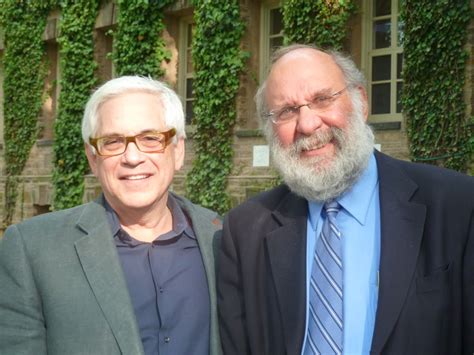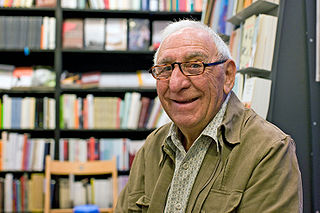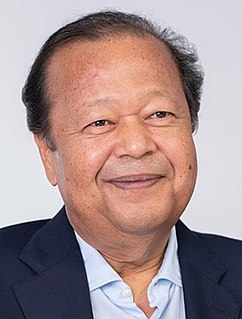A Quote by Simon Sinek
The quality of a leader cannot be judged by the answers he gives, but by the questions he asks.
Related Quotes
Indeed, the only truly serious questions are ones that even a child can formulate. Only the most naive of questions are truly serious. They are the questions with no answers. A question with no answer is a barrier that cannot be breached. In other words, it is questions with no answers that set the limit of human possibilities, describe the boundaries of human existence.
This is a major, wide-ranging, and comprehensive book. A philosophical investigation that is also a literary and historical study, Truth and Truthfulness asks how and why we have come to think of accuracy, sincerity, and authenticity as virtues. Bernard Williams' account of their emergence is as detailed and imaginative as his defense of their importance is spirited and provocative. Williams asks hard questions, and gives them straightforward and controversial answers. His book does not simply describe and advocate these virtues of truthfulness; it manifests them.
The manager administers; the leader innovates. The manager has a short-range view; the leader has a long-range perspective. The manager asks how and when; the leader asks what and why. The manager has his eye on the bottom line; the leader has his eye on the horizon. The manager accepts the status quo; the leader challenges it.


































